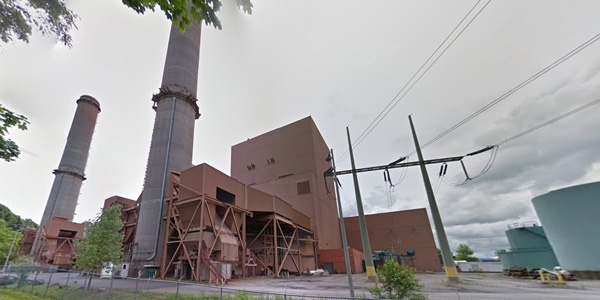By Michael Brooks
New resources that clear ISO-NE’s Forward Capacity Auction will be able to begin supplying capacity earlier than the usual three-year lead time under a package of Tariff revisions approved by FERC last week (ER16-2451, AD16-26).
The changes are intended to enhance liquidity in the RTO’s capacity market: Resources that are completed prior to the beginning of their commitment periods would not have to sit idle until then. Under the revisions, filed by ISO-NE in August, qualified resources could participate in the RTO’s reconfiguration auctions and begin supplying capacity as soon as four months after they clear the FCA. Imports would be allowed to begin as soon as one year after the FCA.
That last provision did not sit well with NYISO, which had asked FERC to delay the revisions by one year.
The ISO said it did not object to the revisions themselves, but it worried that they would negatively affect capacity prices in its own market because of a single power plant, Castleton Commodities International’s Roseton 1. The 1,242-MW dual-fuel generator, located 43 miles north of New York City in NYISO’s capacity import-constrained G-J locality, is committed to supply about half of its capacity to ISO-NE for the 2018/19 and 2019/20 periods. Under the revisions, Roseton would be able to supply capacity beginning next June for the 2017/18 delivery year.
NYISO said this could increase costs to New York consumers by as much as $341 million. Under current ISO rules, when a resource is committed to export capacity, it is treated as if it no longer exists when the ISO runs its own, one-year forward auction. If Roseton decides to participate in ISO-NE’s 2017/18 commitment period, NYISO would procure unnecessary replacement capacity, as Roseton would still be providing reliability services for the G-J zone, the ISO argued.
Market Monitor David Patton identified the problem in his 2015 State of the Market report, recommending that NYISO act quickly to recognize the reliability value of generators in import-constrained zones to avoid a rise in capacity prices. NYISO is currently hammering out Tariff changes and hoped to file them so they were in place before the beginning of the 2018/19 period.
FERC, however, said it was “not persuaded that the potential behavior of New York suppliers provides a sufficient basis to reject ISO-NE’s filing in this case.”
“Deferring the effective date of an otherwise just and reasonable proposal would be inconsistent with the notice provision in Section 205 of the” Federal Power Act, it added.
The commission ordered NYISO to make an informational filing by Nov. 4 addressing its progress in finalizing its Tariff revisions.





